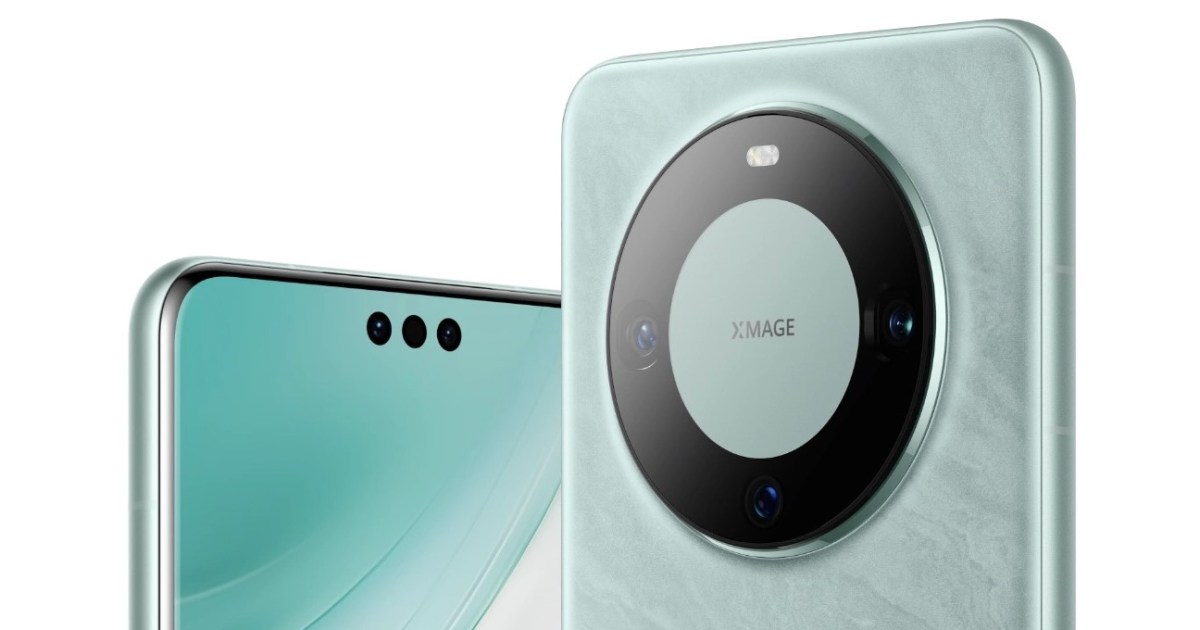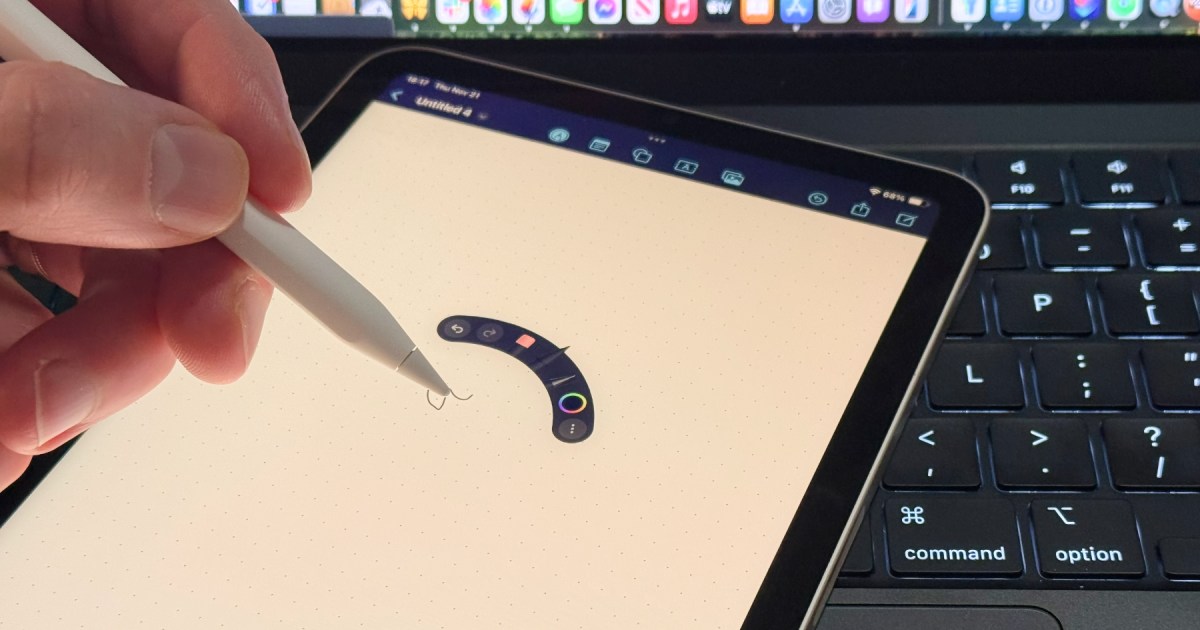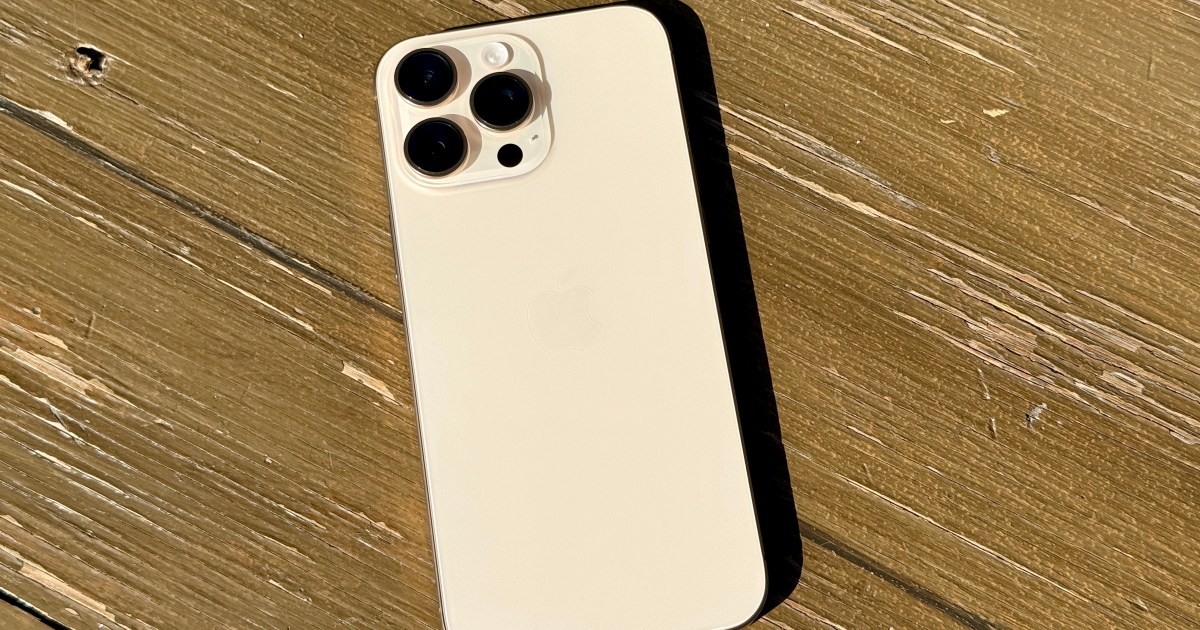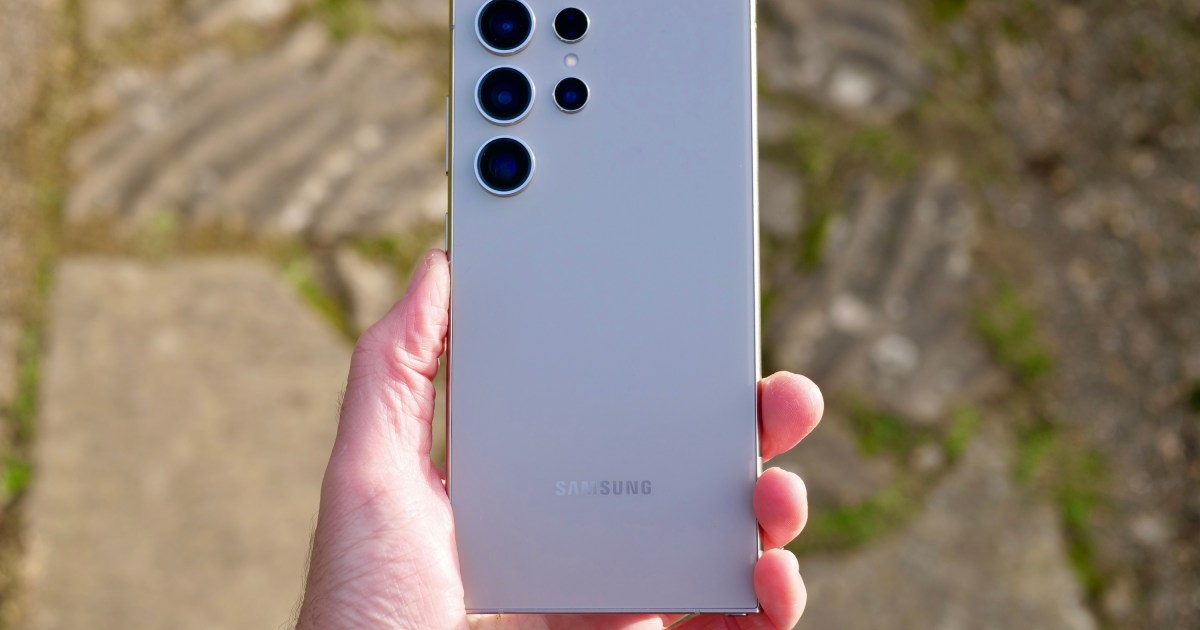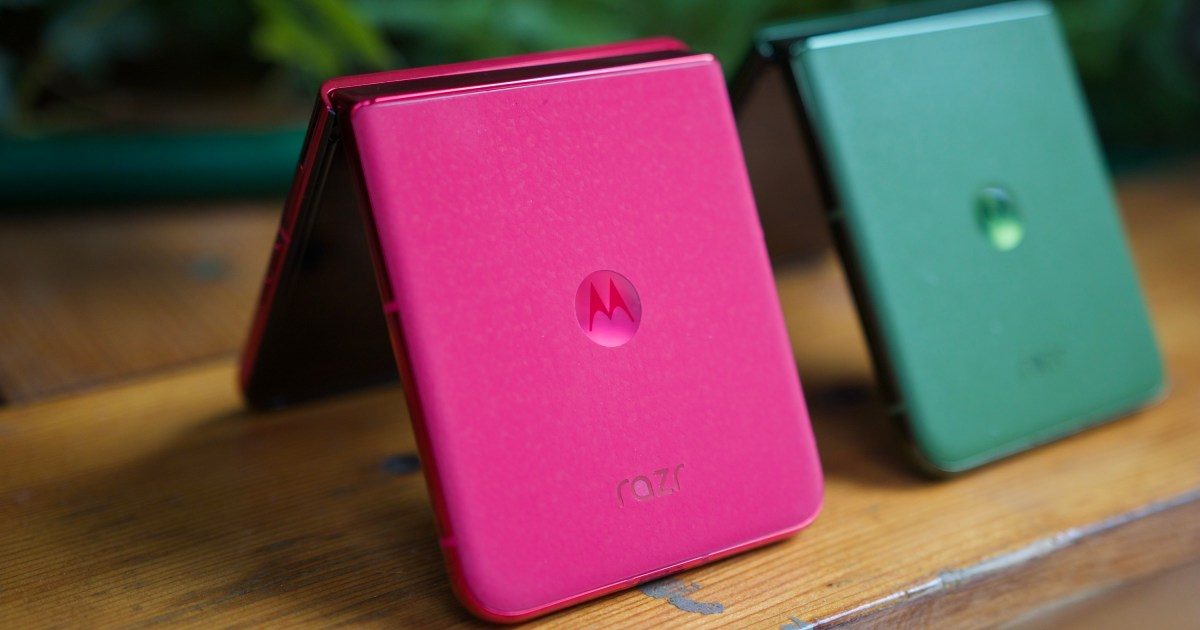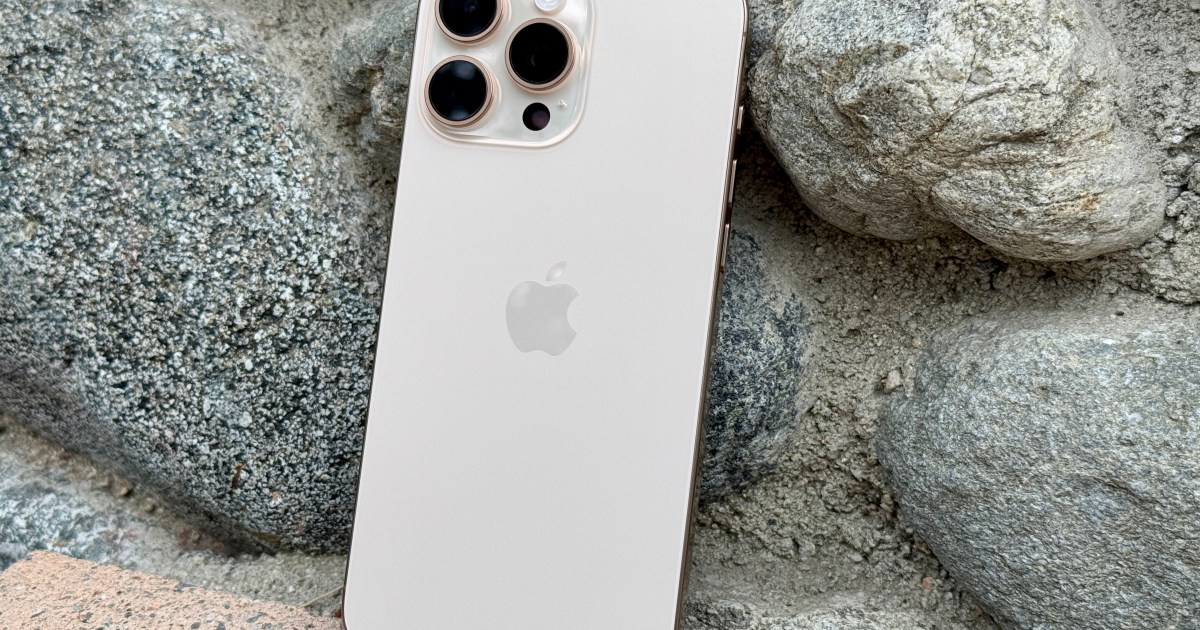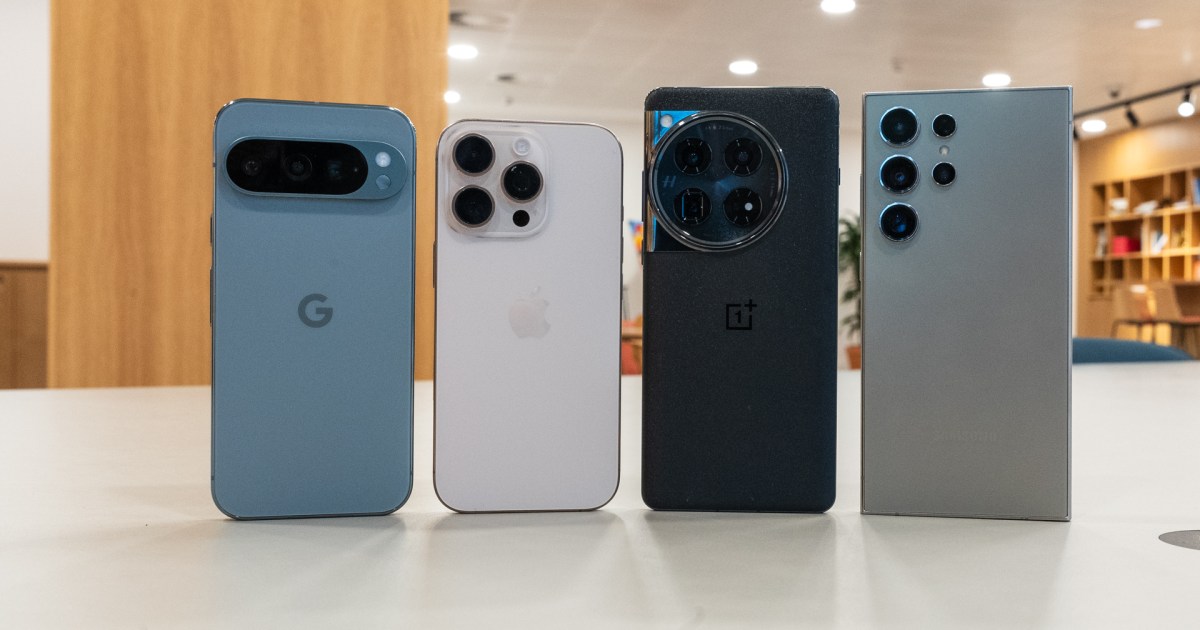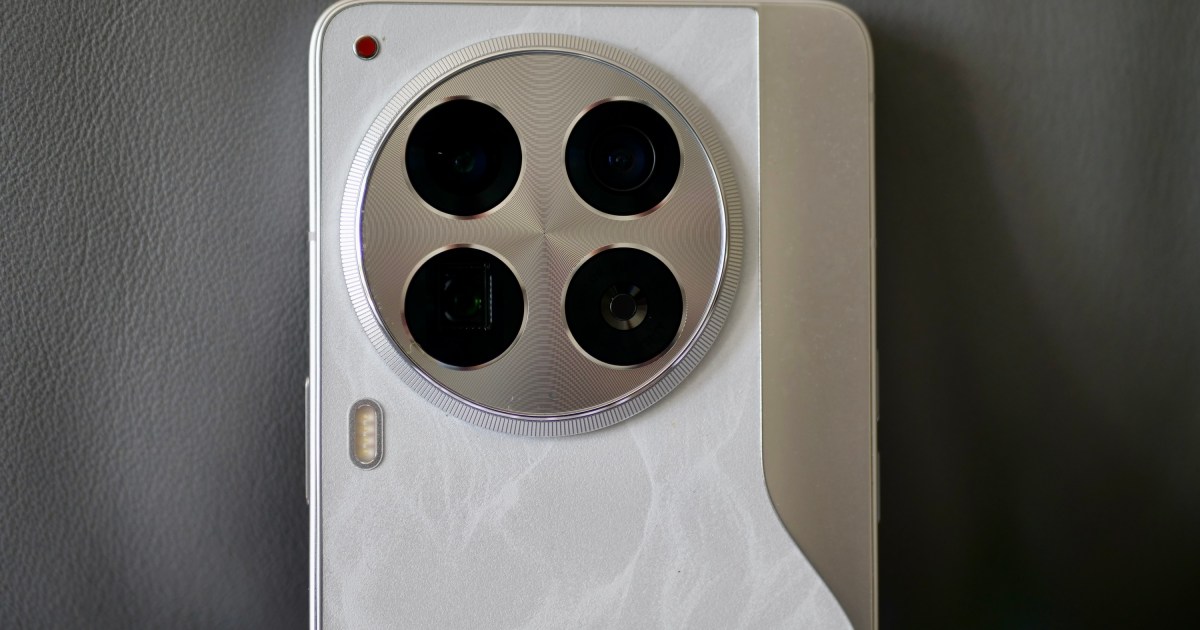Huawei, one of the world’s largest smartphone manufacturers, is making a significant shift by abandoning Android in favor of its own operating system, HarmonyOS Next. This move marks a departure from the dominant duopoly of Apple’s iOS and Google’s Android, potentially reshaping the smartphone landscape, especially in the Chinese market.
This transition begins with Huawei’s latest flagship series, the Mate 70, which recently launched. While initially shipping with an older version of HarmonyOS, these devices are slated to receive the HarmonyOS Next update in 2025. This new OS, based on the open-source OpenHarmony project, represents a significant upgrade from its predecessor and is entirely developed in-house, free from U.S. technology.
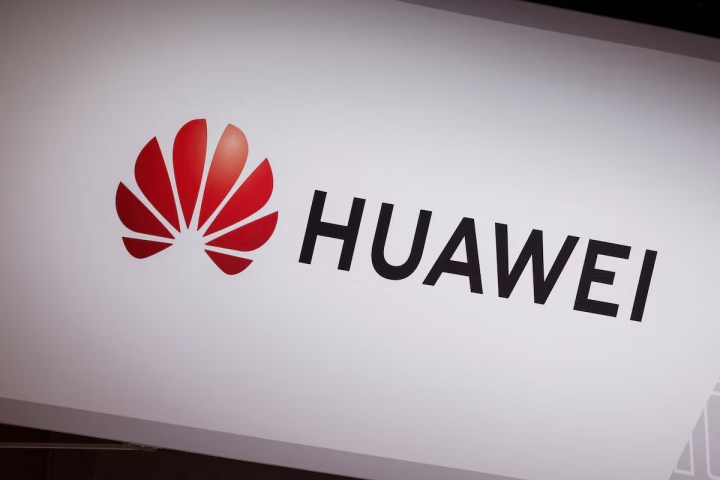 Huawei Mate 70 Series
Huawei Mate 70 Series
HarmonyOS Next: A New Era for Huawei
HarmonyOS Next boasts several key improvements over the original HarmonyOS, which launched in 2019 and was partially based on Android. The Next version features a redesigned, flatter lock screen offering greater customization, a revamped control center, and enhanced animations for a smoother user experience.
This move is a strategic step for Huawei to strengthen its position in the premium smartphone market, particularly within China. According to Bloomberg, Huawei intends to completely phase out Android on all its devices starting in 2025. While the initial launch of HarmonyOS Next is focused on the Chinese market, Huawei plans to expand its availability globally.
The Mate 70 Series: Leading the Charge
The Mate 70 series, comprising the Mate 70, Mate 70 Pro, Mate 70 Pro+, and Mate 70 RS Porsche Design, are the first Huawei devices to embark on this Android-free journey. While the official chipset hasn’t been confirmed, speculation points towards the Kirin 9100 powering these new smartphones. More details on these devices can be found here.
 Huawei Logo
Huawei Logo
Global Impact and Future Outlook
Huawei’s decision carries significant weight, especially given the size and influence of the Chinese smartphone market. However, with existing restrictions on Huawei product sales in countries like the U.S., Australia, and the U.K., the global impact of this transition remains uncertain.
Exploring Alternatives
If you’re currently in the market for a new smartphone, exploring other options might be beneficial. Check out our recommendations for the best smartphones of 2024, including our top Android picks. You can find them here.



